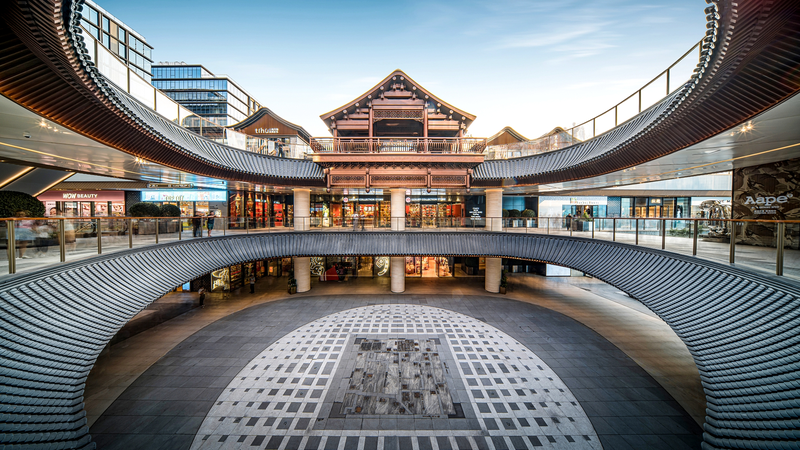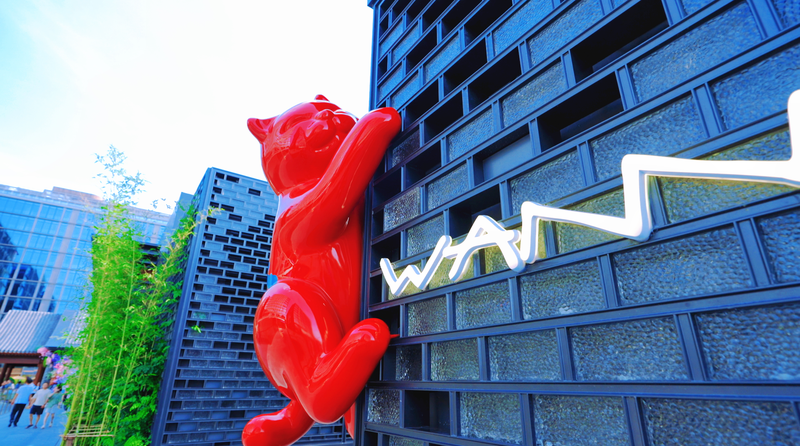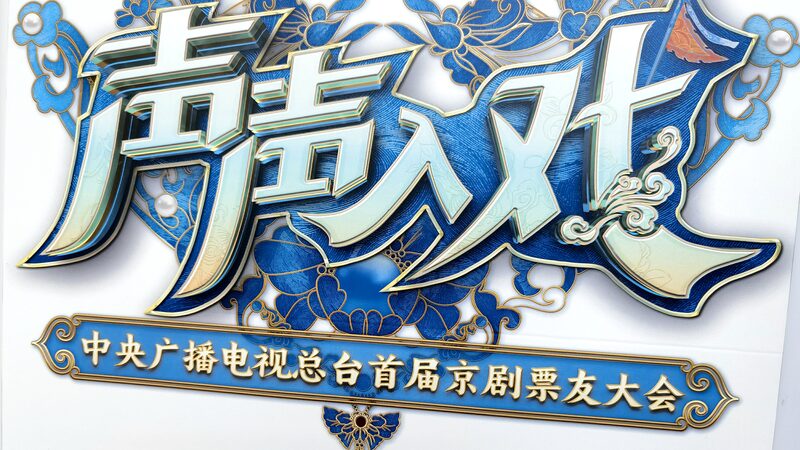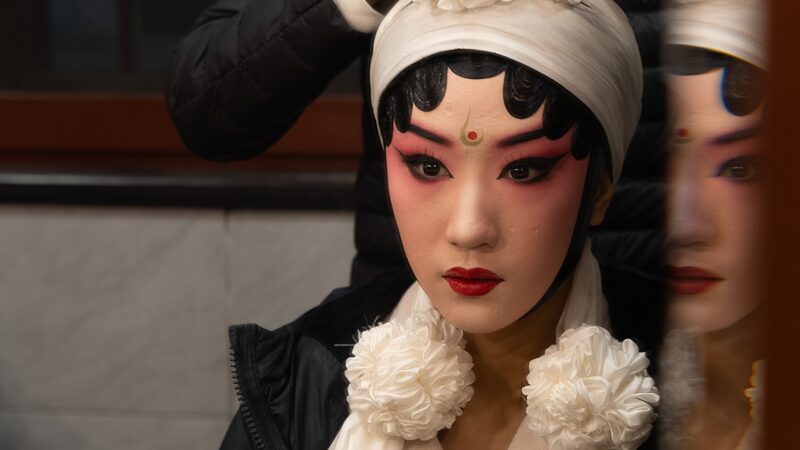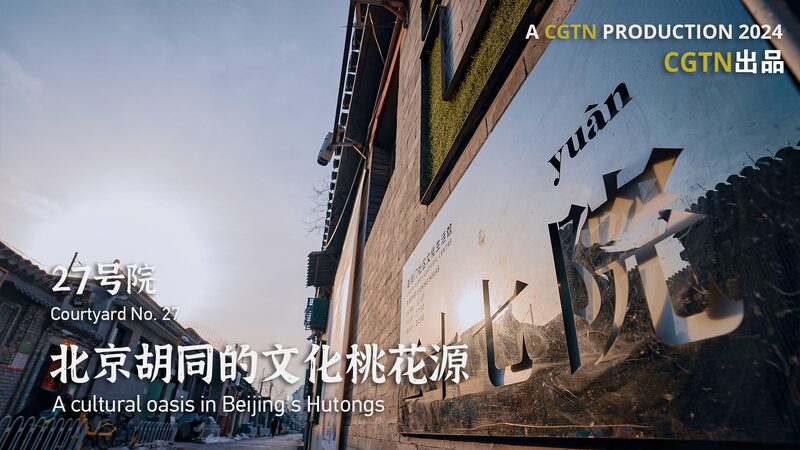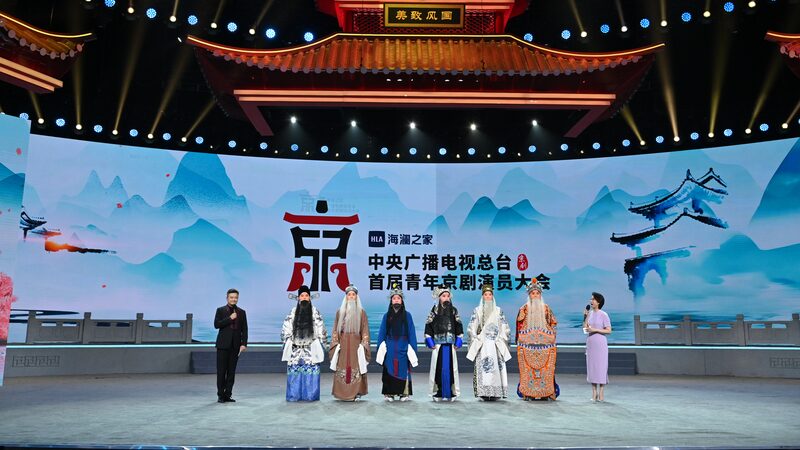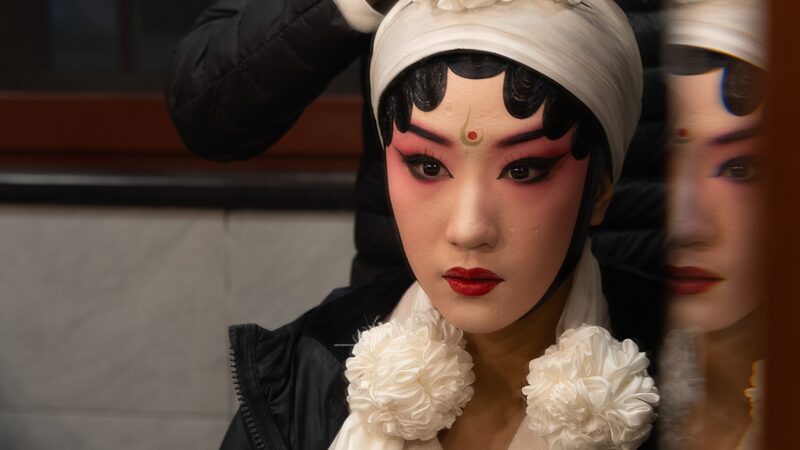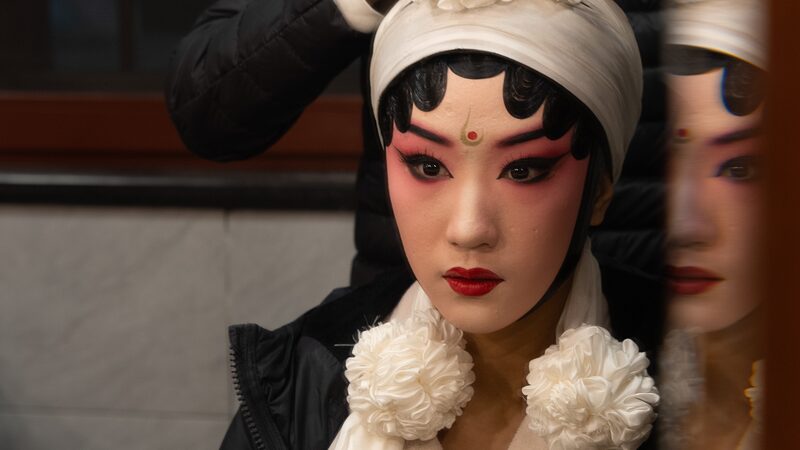In the heart of Beijing, Daji Alley – once a quiet corridor of timeworn courtyards – now hums with youthful energy as centuries of history collide with 21st-century innovation. Once-dilapidated hutong homes have been transformed into vibrant spaces where tradition and modernity coexist, attracting a generation eager to reconnect with cultural roots through fresh lenses.
Artisans and entrepreneurs are reinterpreting heritage: A boutique sells incense crafted using Song dynasty recipes with minimalist packaging appealing to Gen Z shoppers. Nearby, copperware workshops employ 19th-century techniques to create contemporary tableware, while pop-up stores showcase designer toys inspired by Peking Opera motifs. 'Young people want authenticity, but also something that speaks to their identity,' explains local curator Li Wei.
This cultural reinvention has turned Daji Alley into a microcosm of Beijing's broader urban evolution, blending preservation with economic revitalization. Tourism officials report a 40% increase in visitors under 35 this year, signaling shifting travel preferences toward immersive cultural experiences.
For investors, the trend highlights opportunities in China's creative industries sector, projected to grow 8% annually through 2028. Meanwhile, academics note the model offers a blueprint for sustainable urban renewal across Asia's historic cities.
Reference(s):
cgtn.com
